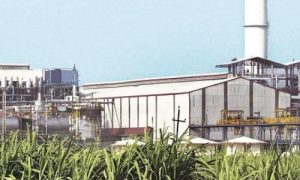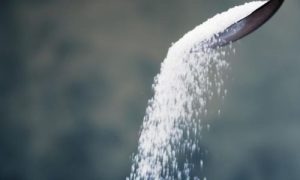South Africa : Scrapping of the sugar tax will not save the sugar industry from its own woes

The assertion that the sugar tax alone threatens 25,000 South African sugarcane farmers is misleading. According to the SA Canegrowers Annual Report (2022/2023), the real challenges stem from soaring input costs, climate change impacts, and the financial troubles of key mills, such as Tongaat Hulett. Despite industry protection under the Sugar Masterplan, there has been little transparency or accountability on its outcomes. The failure to diversify and address these structural issues is the true threat to the sugar industry, not the sugar tax alone.
The sugar industry’s assertion that any increase to the sugar tax or lowering of the threshold will impact the sugarcane sector, resulting in 25 000 cane farmers being pushed out of business, and ‘plunging families into poverty’ is too good to be true.
According to the SA Canegrowers Annual Report 2022/2023, “soaring input costs have made for a difficult operating environment in the sugar industry. The cost of fuels and lubricants has increased by 12%, fertilizers by 34% and irrigation by 45%.”
Furthermore, according to the sugar industry’s own report, “the average increase, combining all these inputs, was over 11%. This while increases in the price of sugar was limited to 7% over the term of the Sugarcane Value Chain Masterplan to 2030.
They then go on to admit that “climate change and the milling crises regarding the entry of the Tongaat Hulett Limited and Gledhow Sugar Company mills into voluntary business rescue, have contributed to the tough times […] Obviously Covid had a big impact, [and] the floods of last year in KZN [and] the floods the beginning of this year in Mpumalanga.”
The real problem: Lack of transparency and accountability from the implementation of the sugar master plan.
Currently, South Africa has the Sugar Masterplan, which gives structural protection for the industry, notably not given to other industries in equally trying economic times. For the past four years, the industry has not provided a shred of evidence for public accountability and transparency of what it has achieved with the Master Plan.
However, the industry has been scoring own goals including rapid corruption within its ranks and milling companies. The sugar industry is using the same playbook and tactics used by lobbying activities of tobacco, alcohol, gambling, and ultra-processed food industries, which are often a barrier to the implementation of public health policies.
HEALA is committed to promoting livelihoods and supporting the creation of decent work and sustainable jobs.
Recently, HEALA and its partners hosted the two-day National Assembly with government, academia, civil society, schools and local farmers. Other things actioned during the HEALA assembly include utilising the national school nutrition programme to promote local and sustainable food systems – connecting local farmers and food producers to consumers, democratising and decentralising public procurement and expenditure, and strengthening local economies.
The scrapping of the sugar tax or delayed increases will not save the sugar industry from its own woes, but a failure to acknowledge that the current sugar industry business model and failure to diversify will lead to its own demise. We guess the real deception is the industry lying to themselves.














